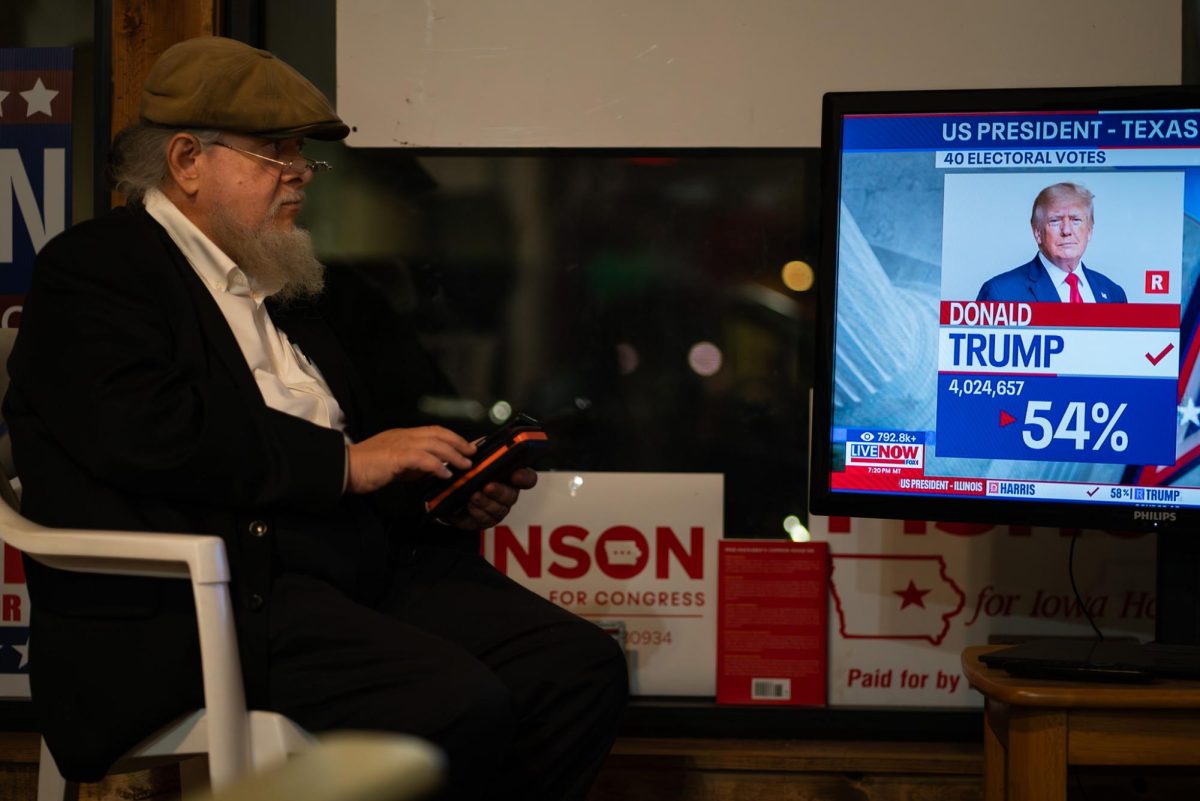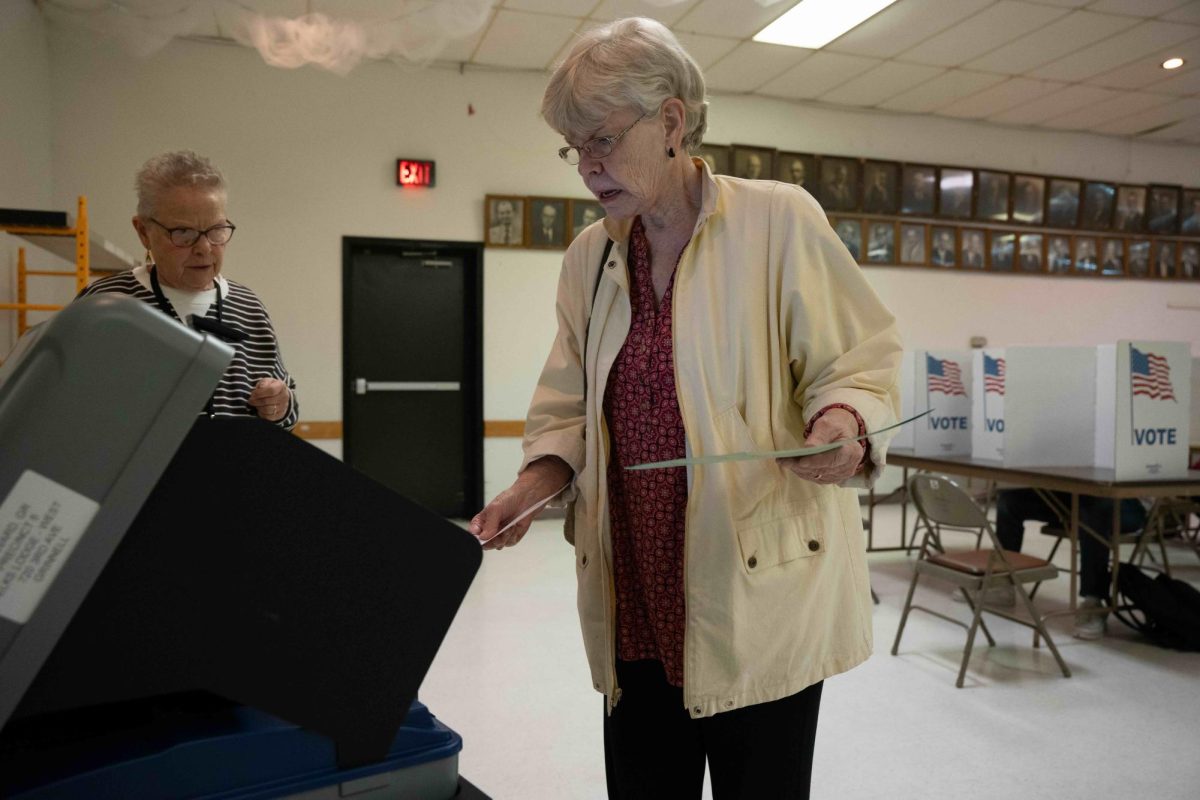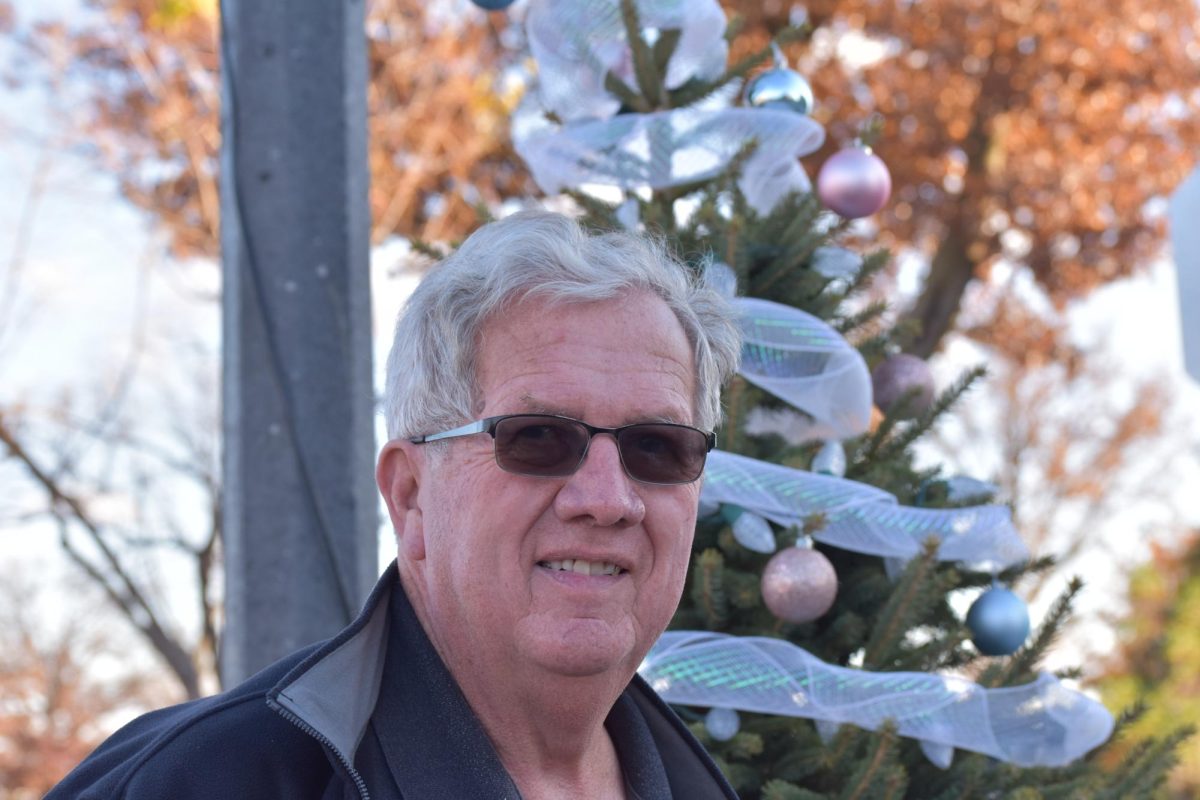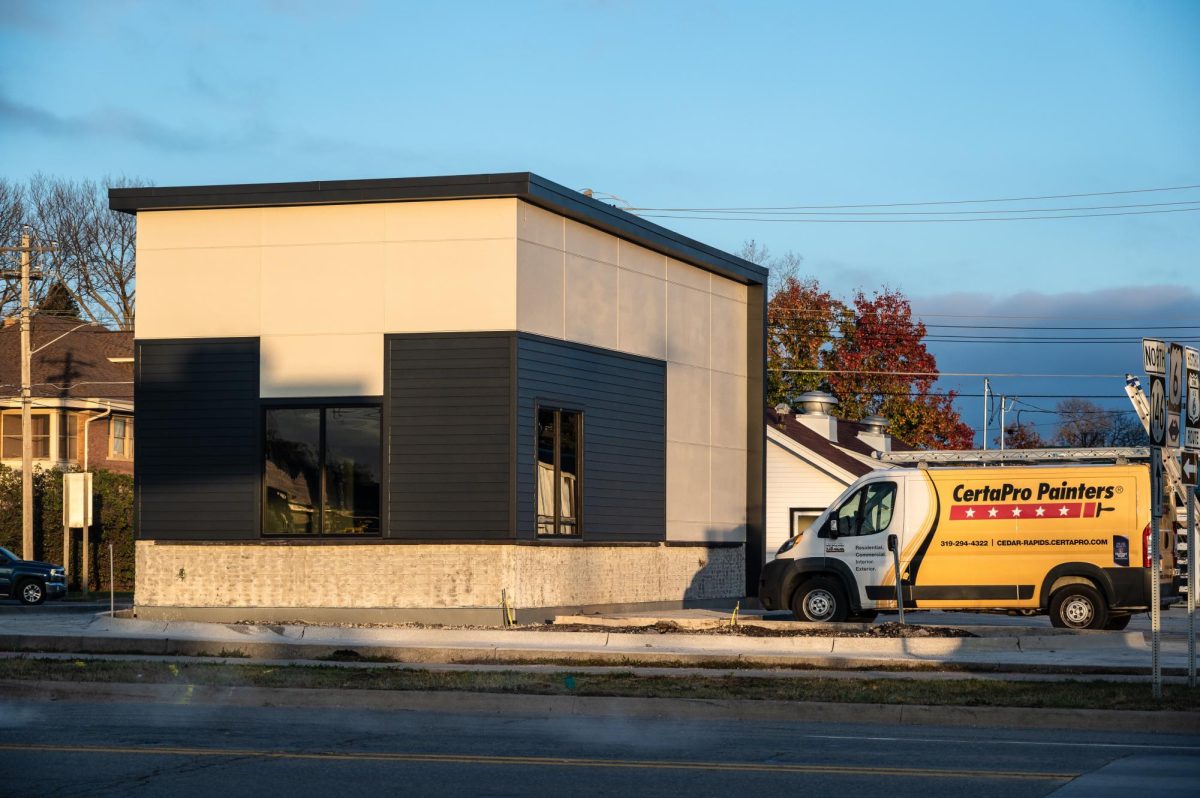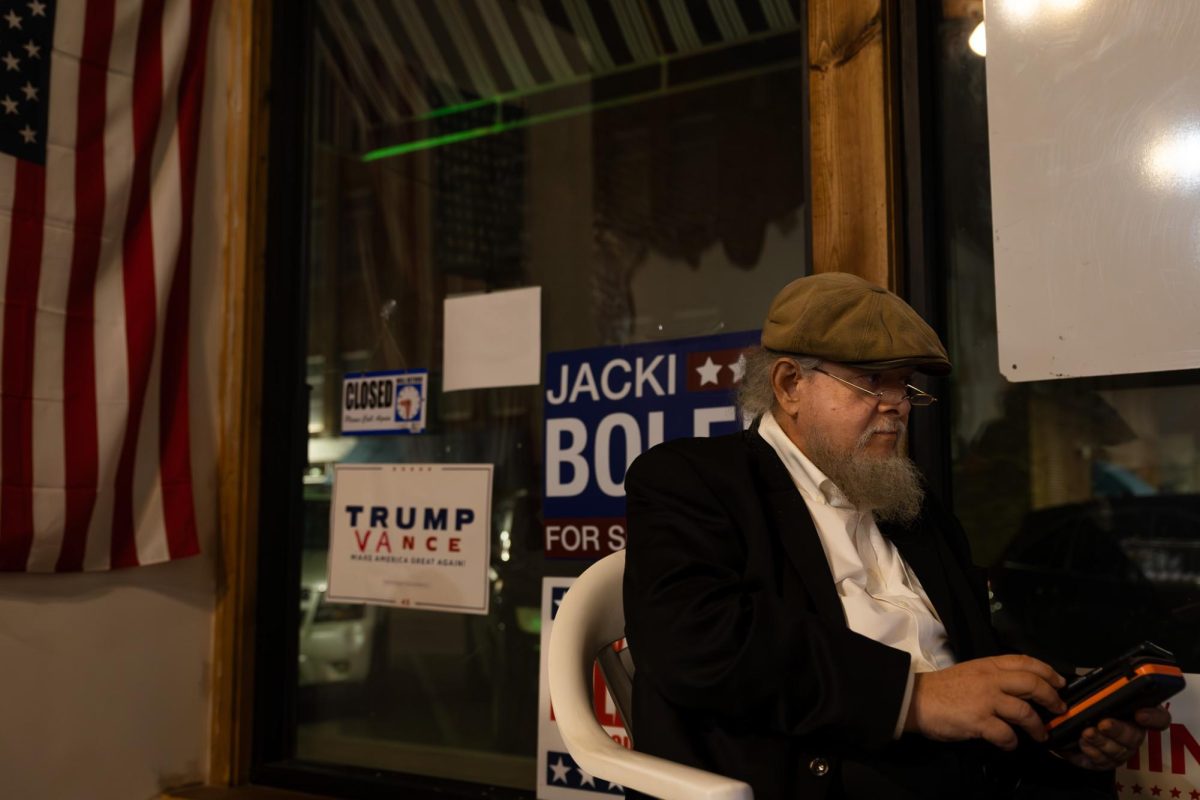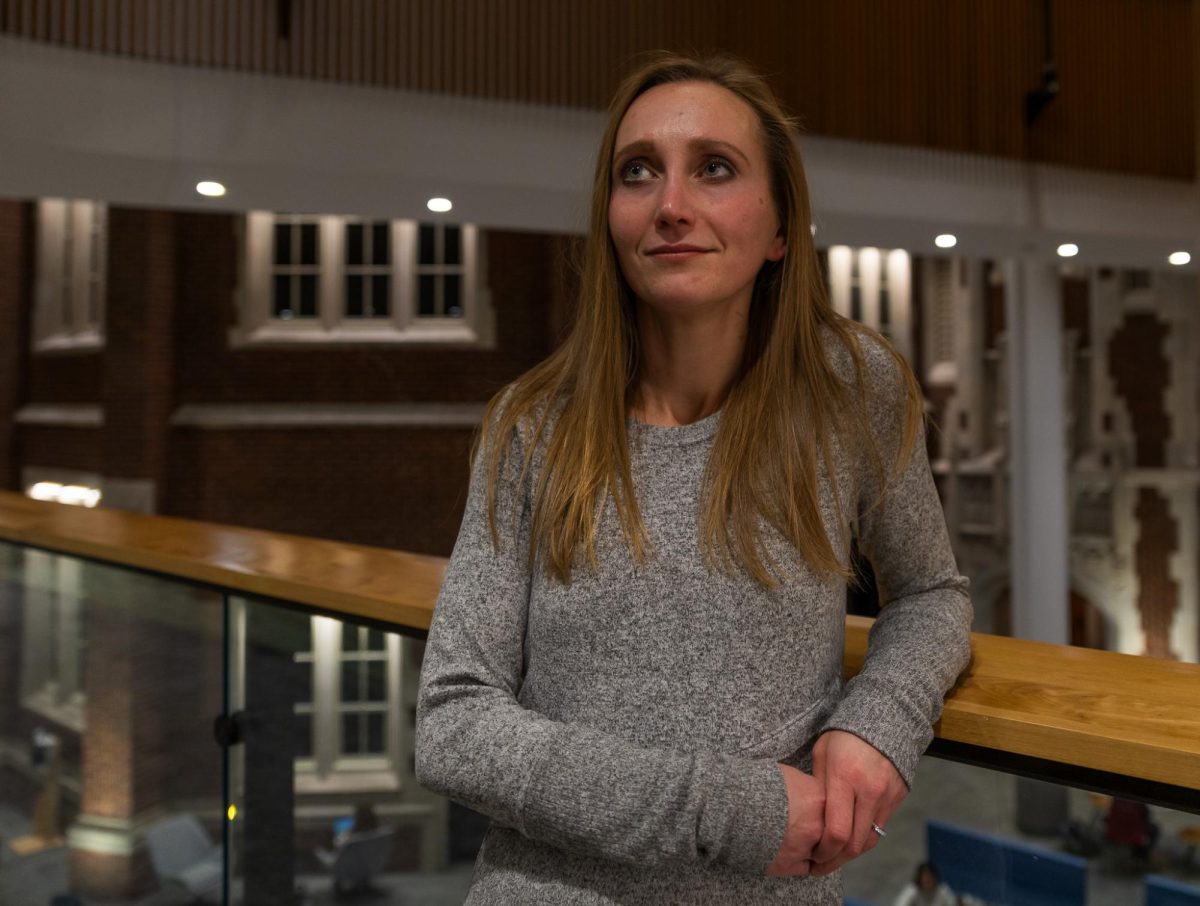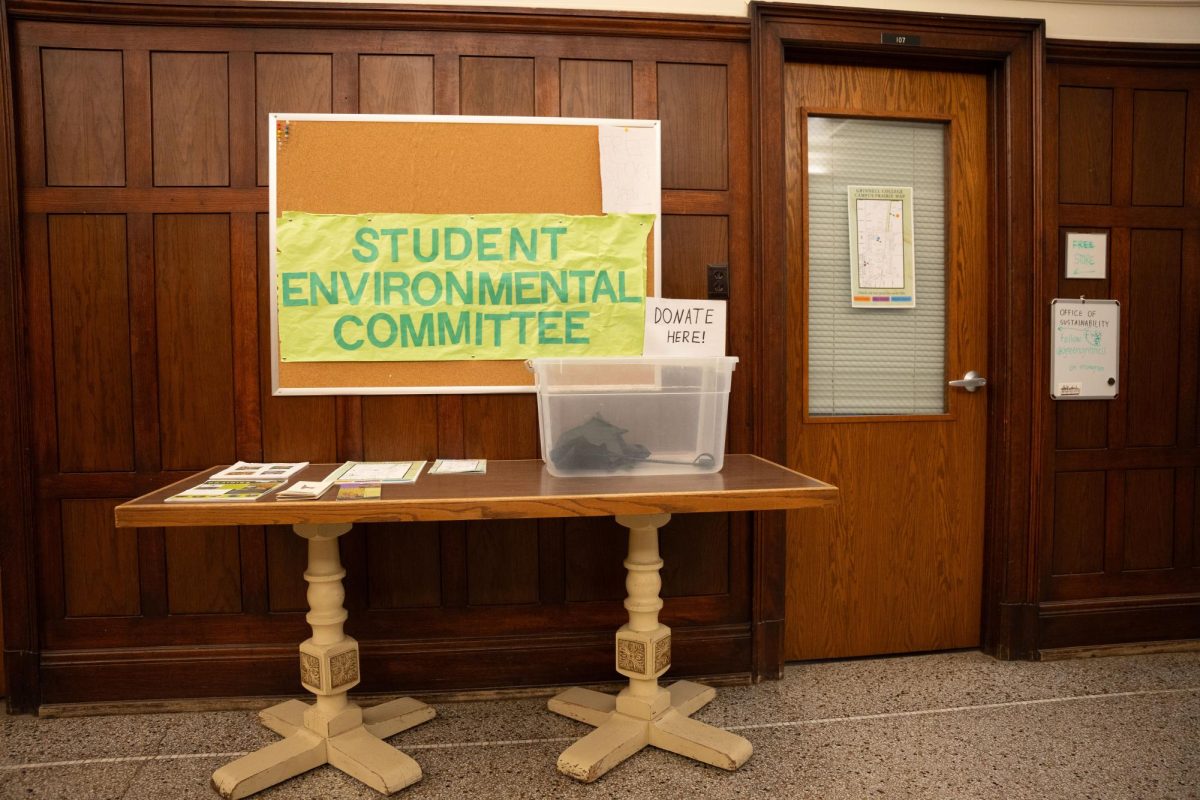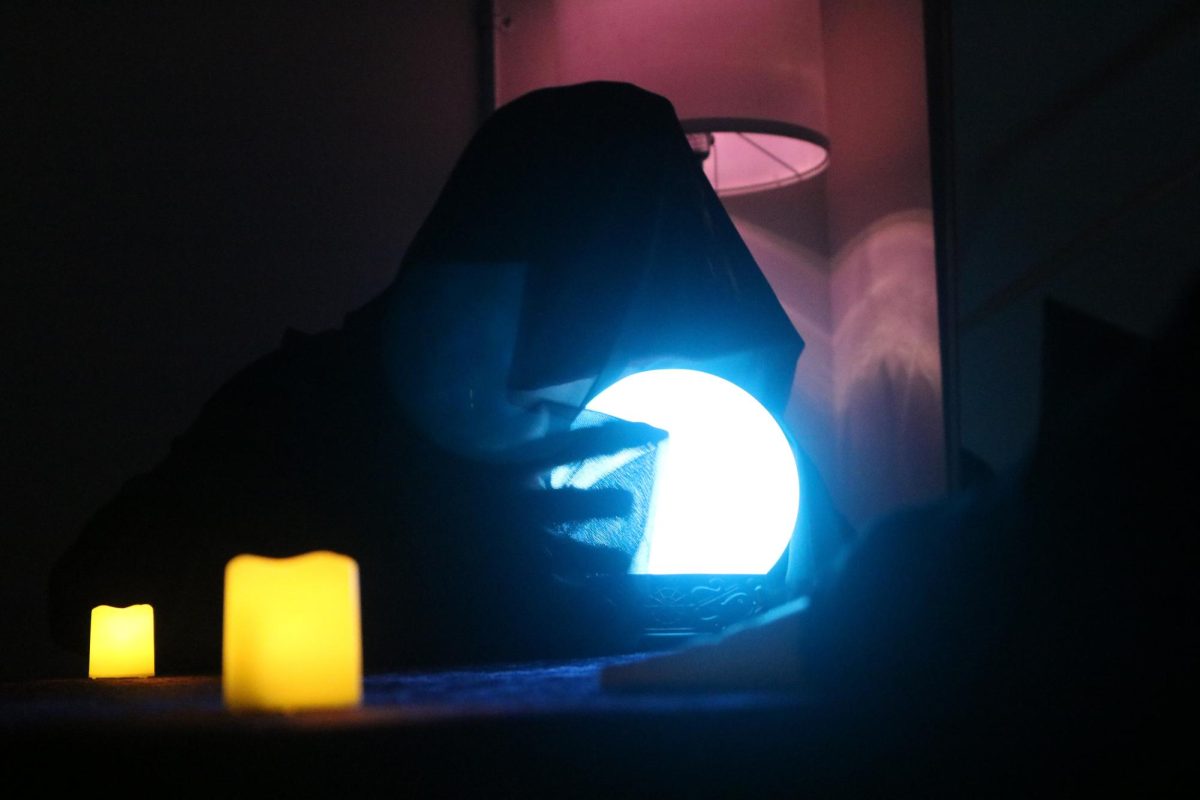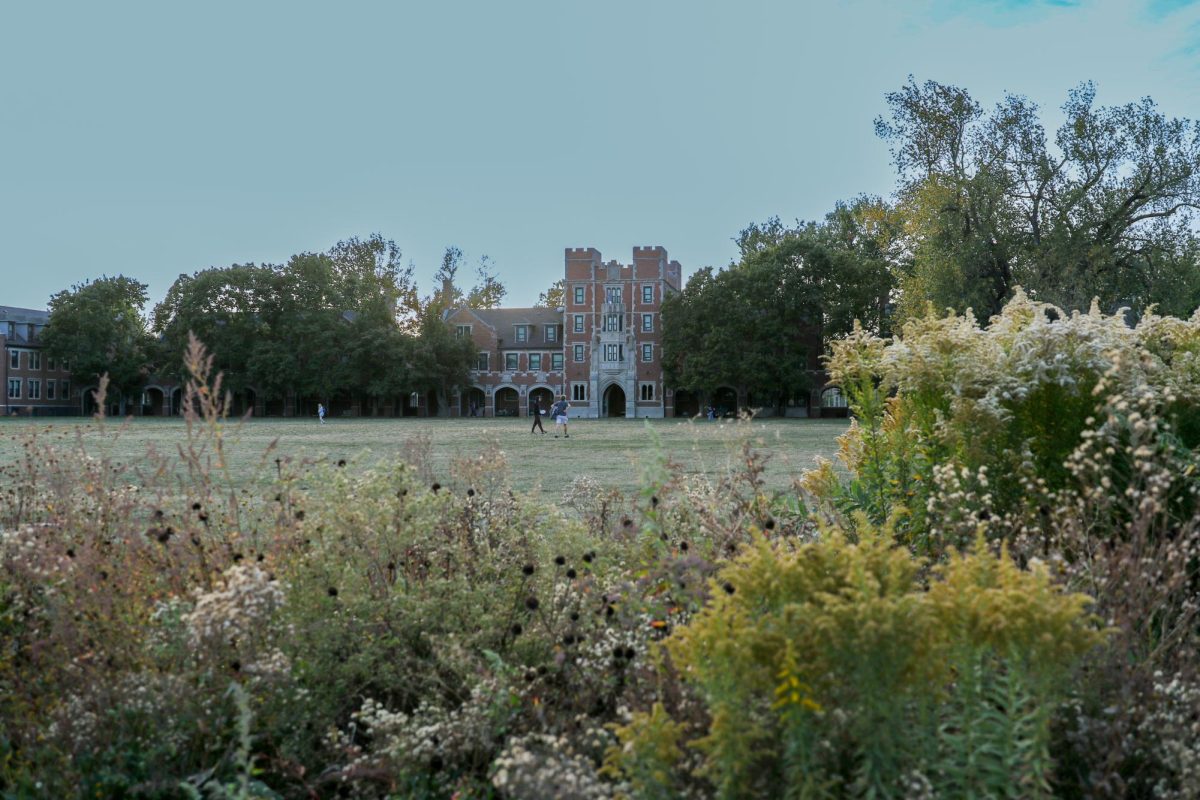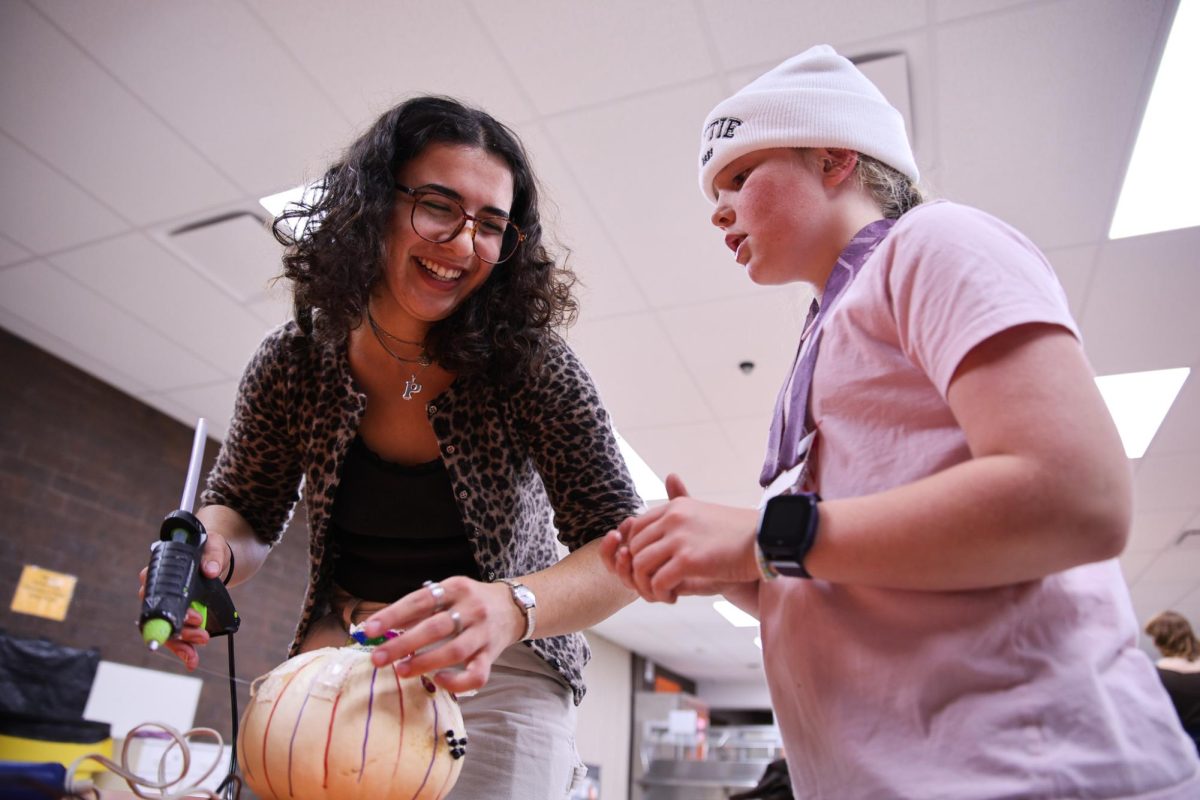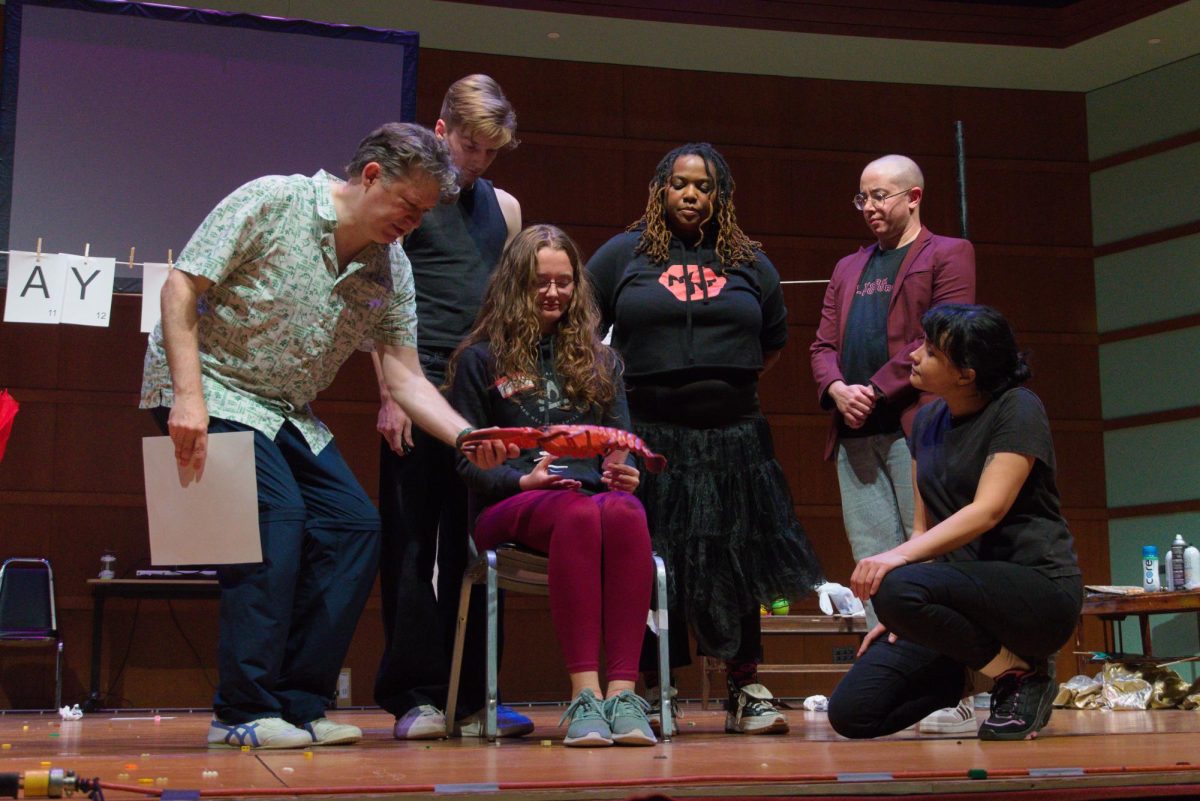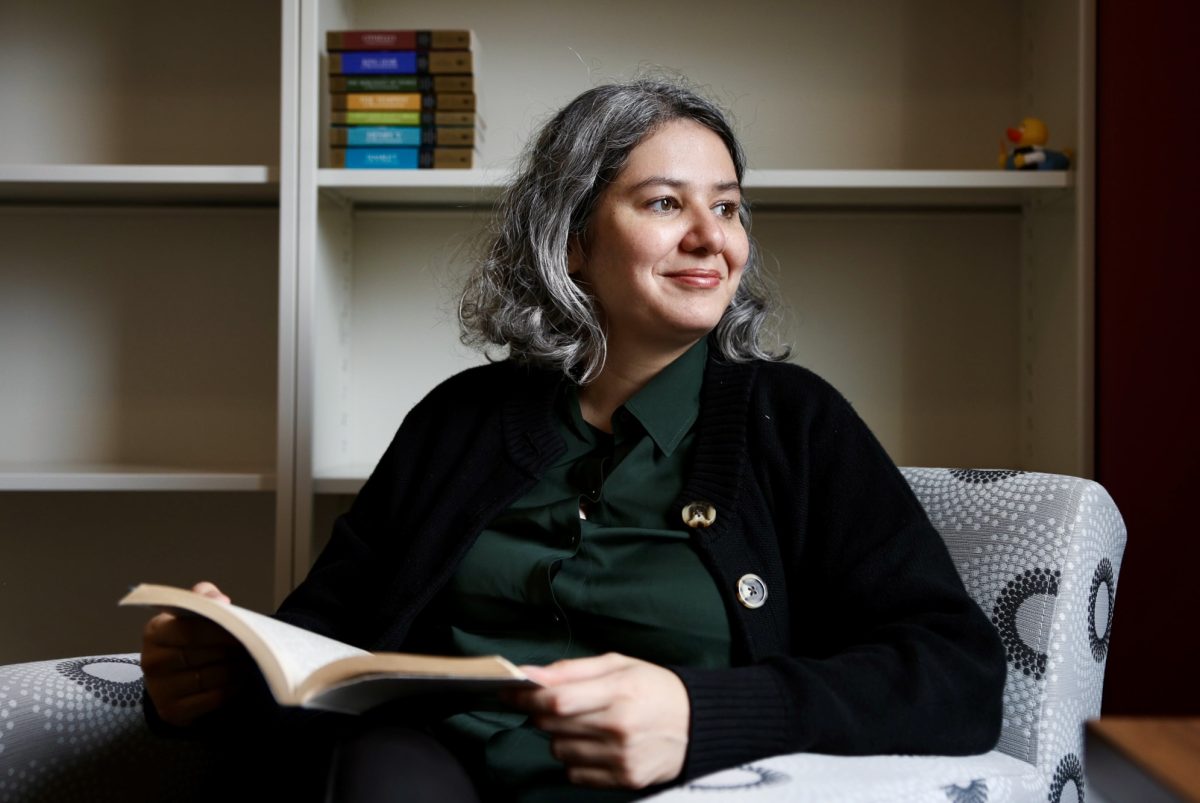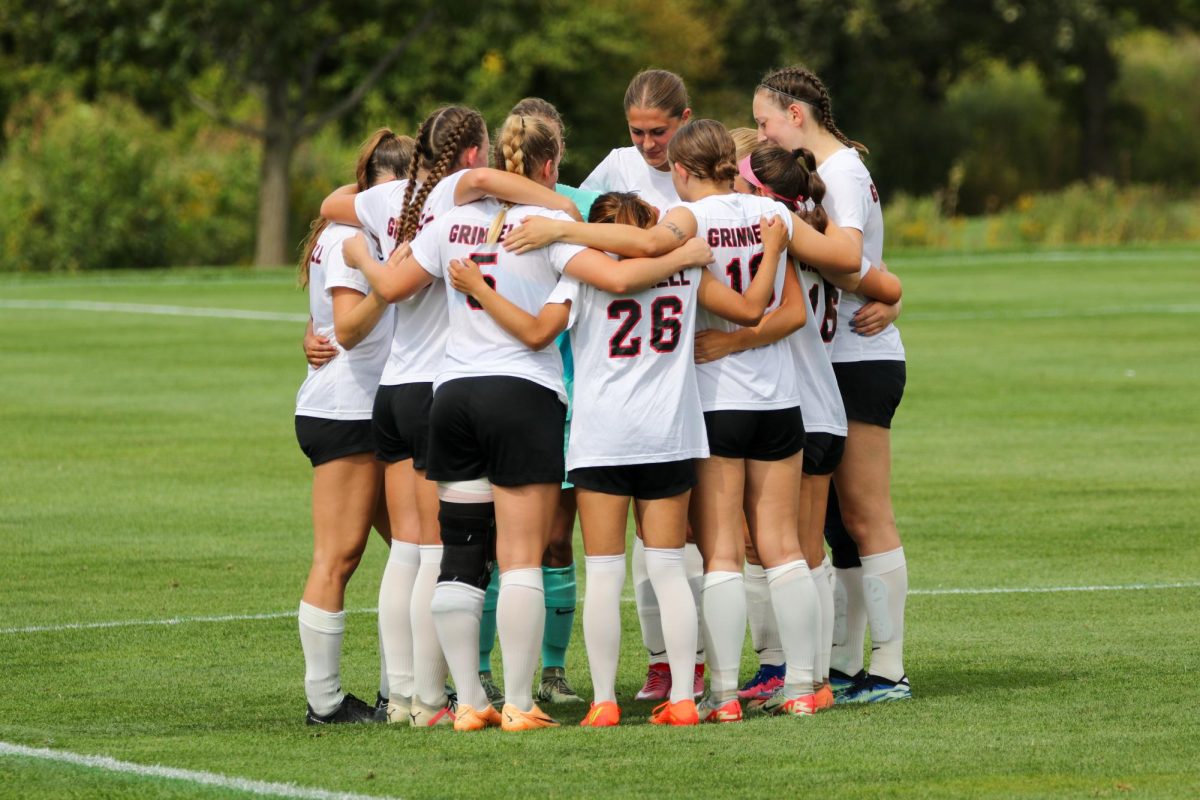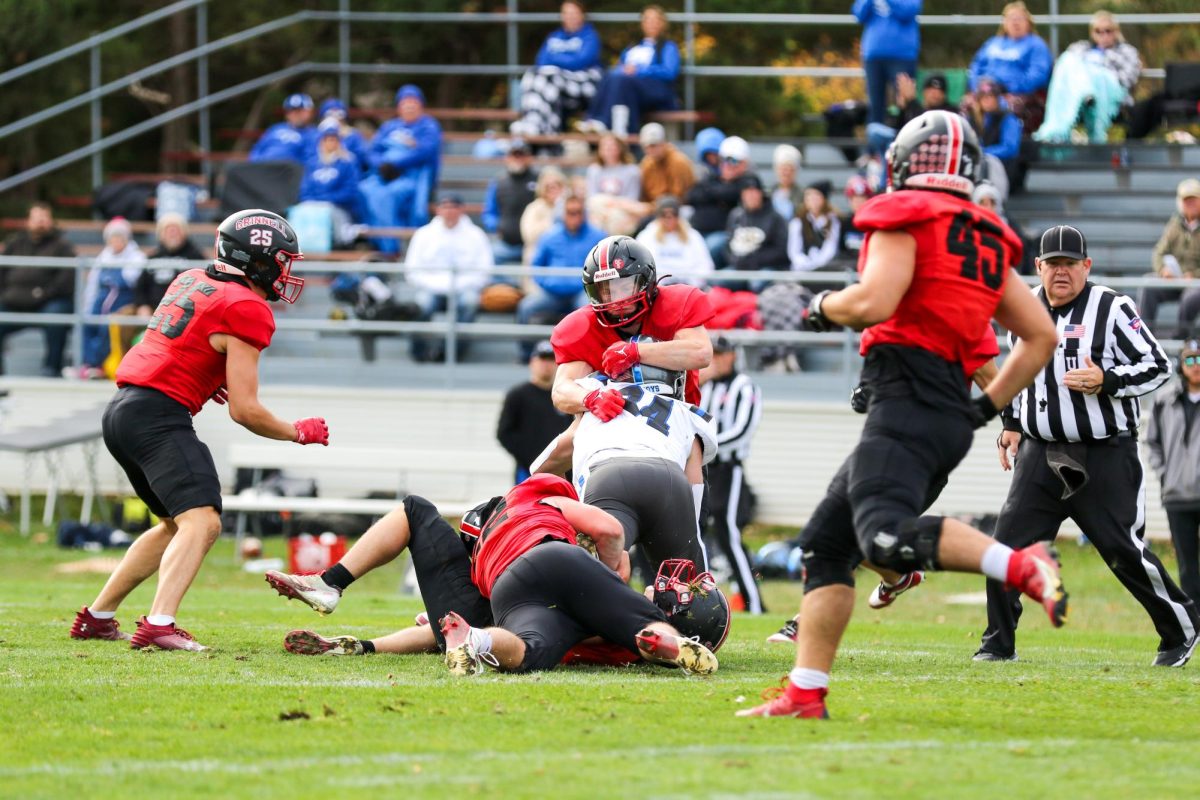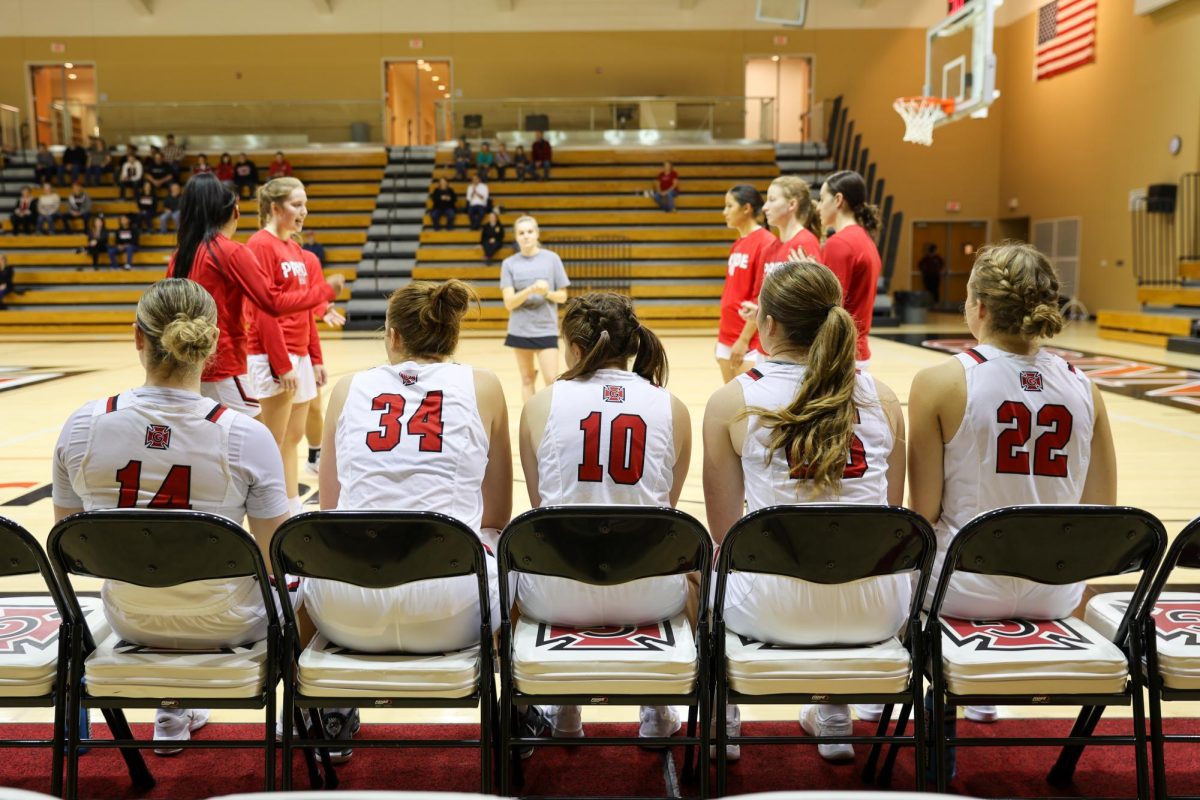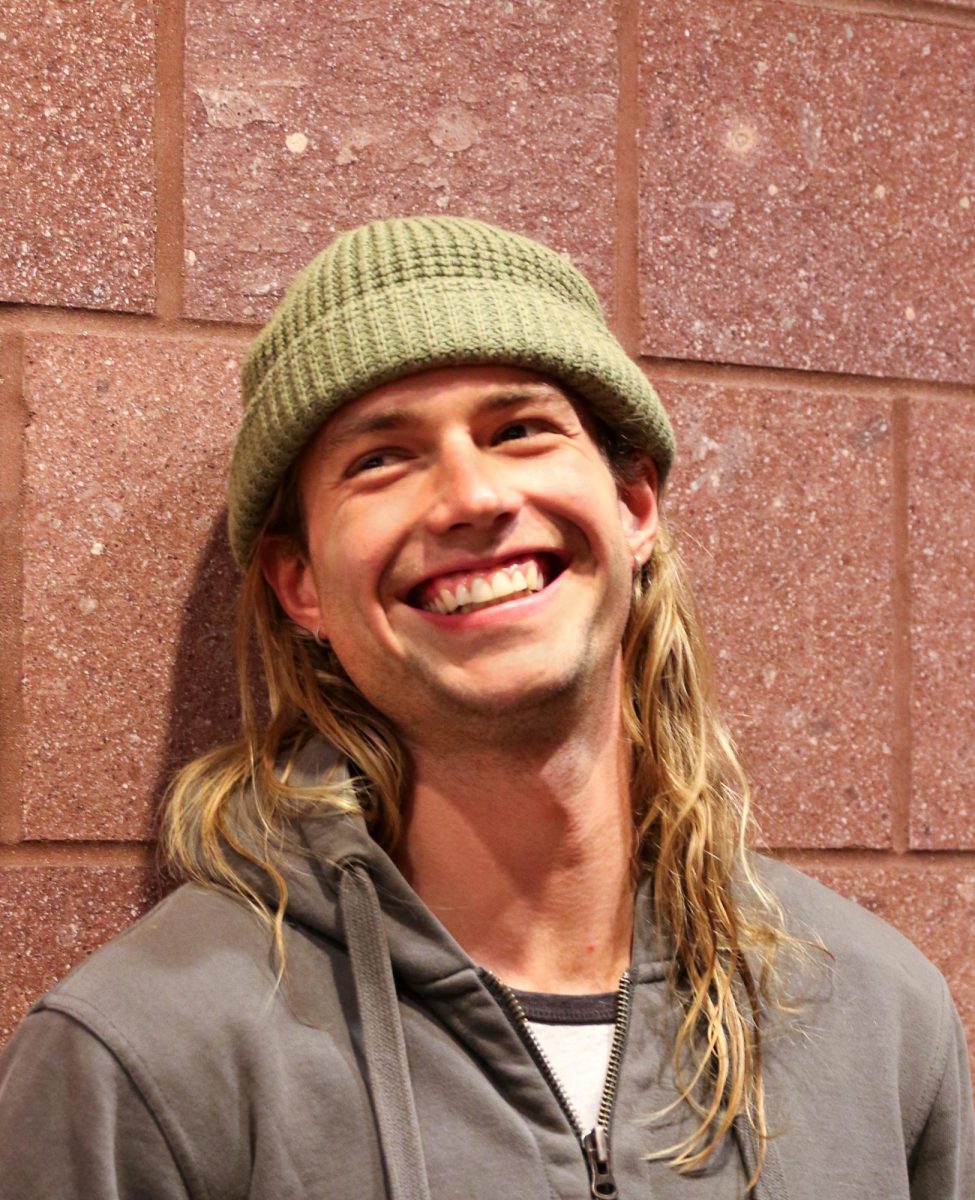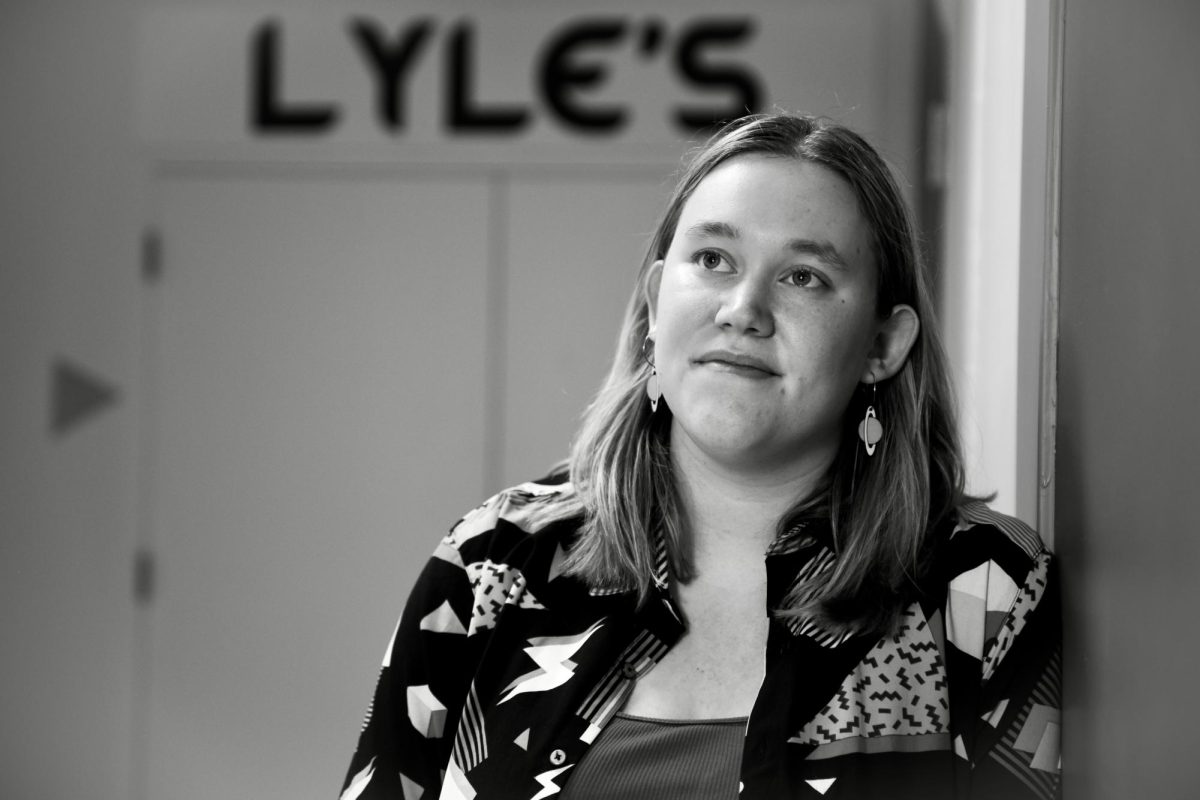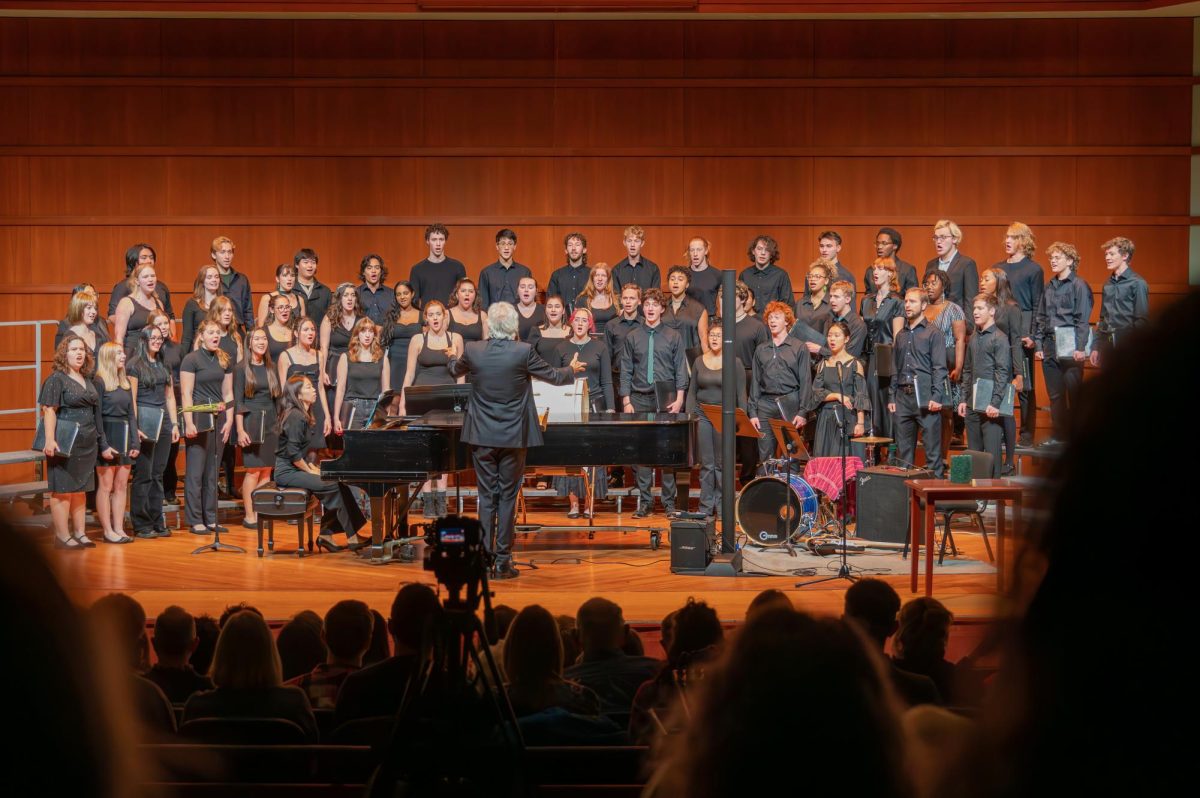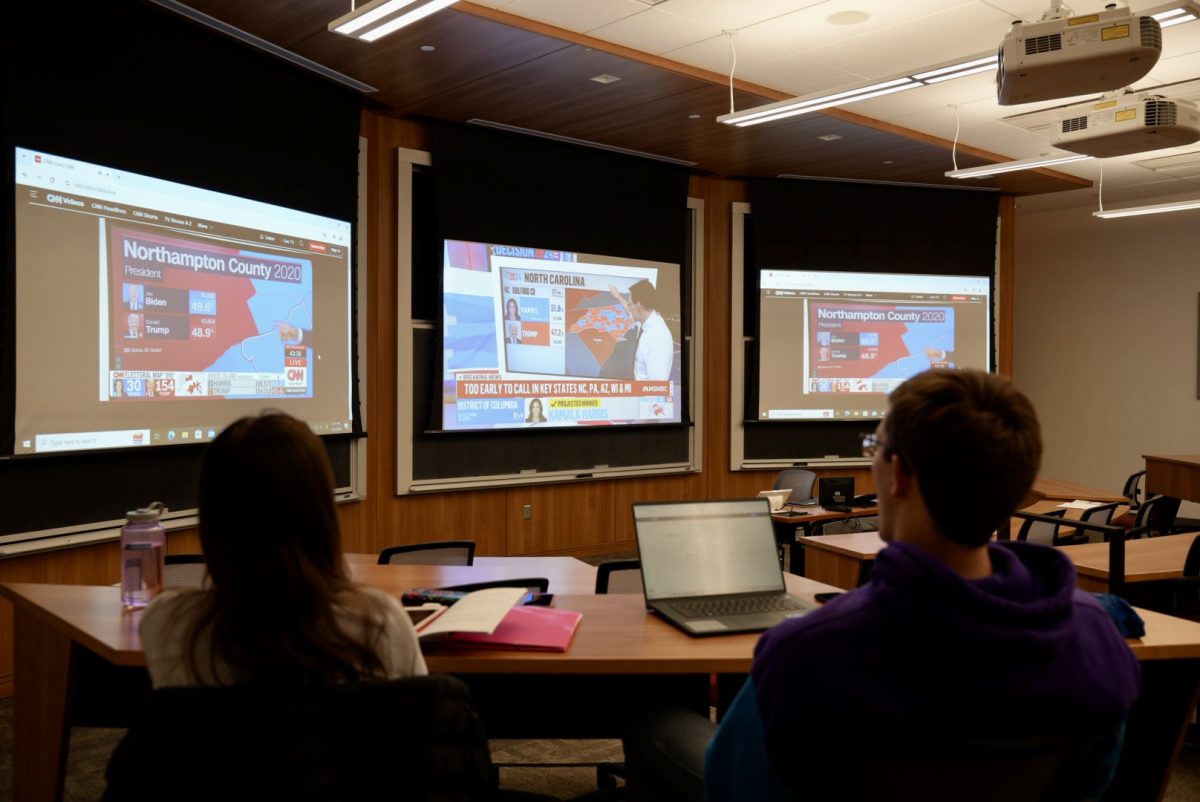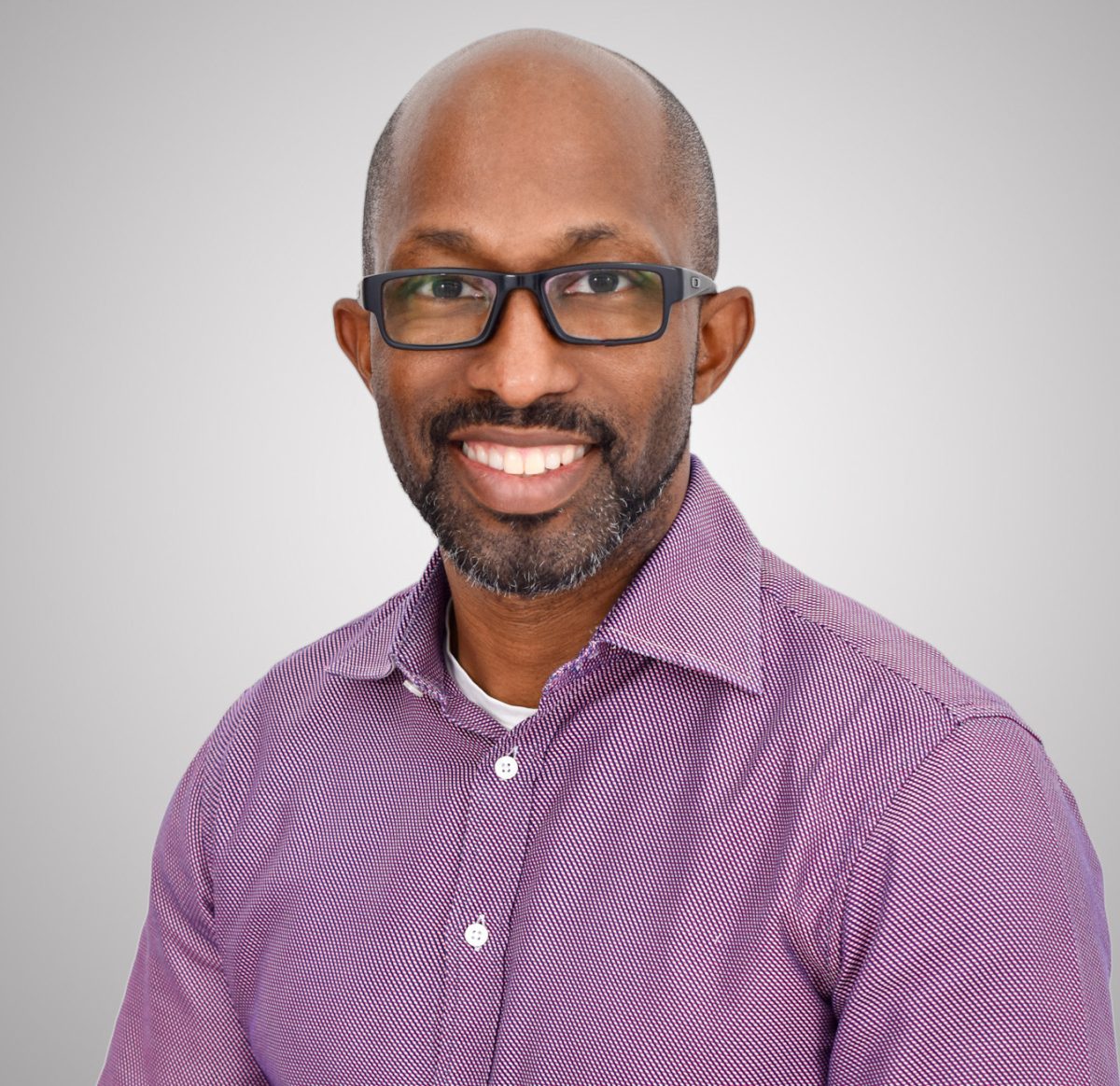Unlike last year’s senators, this semester’s senators do not only serve their clusters as informational sources, but also by tackling different projects assigned at the beginning of the fall. This means that senators are not only responsible for keeping their clusters informed but also for implementing projects that affect different aspects of residential and academic life.
“A lot of the senators want to do stuff, want to change things, so we figured, why not let them do it?” said Student Government Association (SGA) President Ben Offenberg ’11.
Every senator works on at least one project, some alone, some in groups of two or three. While some projects are very specific, such as an attempt to bring fruit diversity to the outtakes, others are more ambiguous in their goal.
“[There are] two sets of projects: some are like ‘Oh, talk to Michael Sims, find out about the fireplace,’ easy, saying exactly what to do. Other projects more open, like policy things. The science course thing is a policy thing, for example,” Offenberg said, referring to a project lead by East Campus Senator Michaela Carlson ’13 and CaNaDa-Senator Sam Peterson ’11. The goal of the project is to advertise pre-existing science courses that are more geared towards non-science majors, such as Phy-116–Universe and its Structure.
Some of the projects, including attempting to repair the fireplace in the Laurel Leaf Lounge, happened to overlap with student initiatives.
“They may come from the same list, because we took some of the old initiatives and STIfund took a lot of old initiatives that had not been implemented,” said SGA Administrative Coordinator Liz Maltby ’11. Some new projects arose while the senators worked on other projects.
“Due to some talks I had with some students, there seems to be this wanting for a group for people to go to, that would help first-gen/socio-economic students of any background, or students in general who feel like they are barely making it,” said Clangrala Senator David Opong-Wadee ’12. He added that this group should specifically be open to all students, with money and faculty resources allocated to it.
His other projects have been reducing the fees for replacing P-cards and calling security to unlock dorm rooms.
“I already met with Dick Williams [about reducing the fee to replace P-card]. He was a little stubborn. He said [that is was] ‘to teach us a lesson,’” Opong-Wadee said. “With the price being $25, people would realize the importance of the card. I didn’t want to argue with him too much, he is a good guy … but I thought that that was a little outrageous.”
Because not all projects affect student life directly, it has been hard for many students to tell how much progress has been made. While some projects have failed, others have made progress, though not necessarily in a positive direction.
“The senator who worked on [the project to repair the fireplace in the Laurel Leaf Lounge] got in touch with Michael Sims and discovered at the very least why it’s not working,” Maltby said.
When the JRC was constructed almost every part was specially made, including the parts of the fireplace that are now broken. Because of their need to be made specifically for that fireplace, and due to budget constraints, the repair might take a couple of years.
Other projects had more definite, and more positive, success stories.
“[The group dealing with Grill and Dining reforms] met with Dick Williams and Mary Kirk talking about ‘these are the sorts of things we want to change about the Grille,’” Maltby said. They have been slightly successful so far, replacing the usual apple with an orange in the Friday Outtake. Other proposals for Grill reforms include a meal equivalence program as well as an attempt to lower the prices.
Raghav Malik ’13, senator for East, and Colleen Osborne ’13, senator for Smounker, successfully implemented a financial planning seminar.
“[Offenberg’s] idea was a seminar that was geared towards telling students what they need to know, financially speaking, after they graduate,” said Malik.
The seminar was held the week before Thanksgiving and included discussion on building credit and financial contracts.
“We didn’t manage to get the word out as much as we liked,” said Malik, in regards to the poor attendance.
Loosehead Senator Matt Zmudka ’11 worked with Sydney Devine Rausch ’13 and Sara Lowenburg ’13 to bring more art to the residence halls and the campus in general. While nothing definite has come out of it, several issues with this proposal were addressed.
“The main problem with [art in residence halls] is what happens on Friday and Saturday night—art gets broken or destroyed,” Zmudka said.
Although these projects are mainly the senators’ responsibility, one way to propose other projects as a non-senator is to attend the weekly Joint Board meetings at 7 p.m. on Wednesdays in JRC 101 and soapbox about possible suggestions or send an e-mail directly to [offenber].

